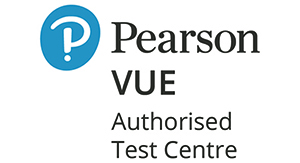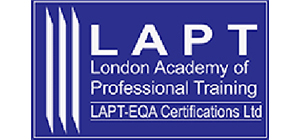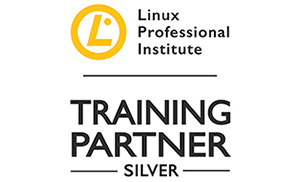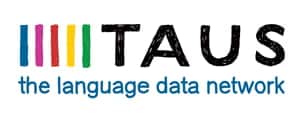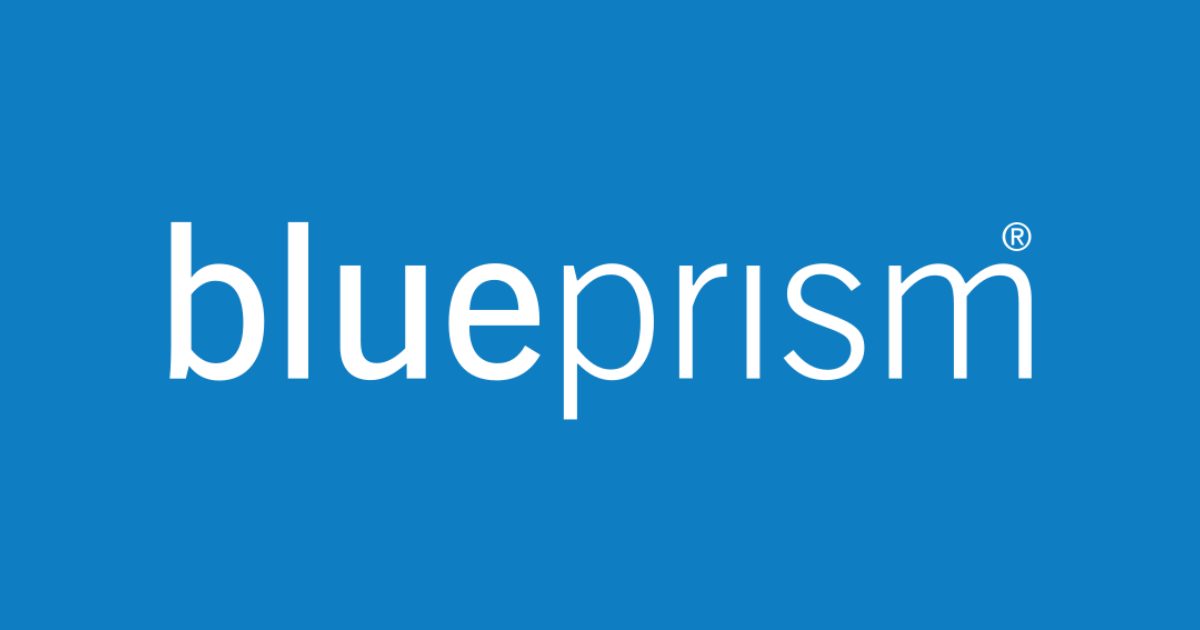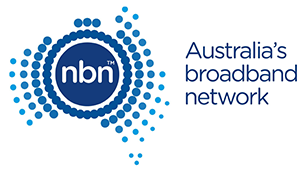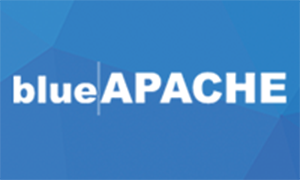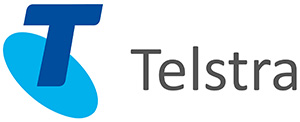PL-400 Microsoft Power Platform Developer Course
PL-400 Microsoft Power Platform Developer Certification
PL-400 Microsoft Power Platform Developer certification course provides in-depth knowledge of simplifying, automating and transforming different business tasks.
PL 400 Microsoft Power Platform Developer course covers fundamental topics including creating a technical design, configuring standard data service, creating and configuring Power Apps, configuring business process automation, extending the user experience, extending the platform and developing integrations.
The PL-400 covers the learning of Microsoft Power Platform Developer including validation requirements, design technical architecture, design solution components, Power Platform extensibility points, configure security to support development, implement entities and fields, implement application lifecycle management (ALM), create model-driven apps, create canvas apps, manage and troubleshoot apps, implement processes, apply business logic using client scripting, create a Power Apps Component Framework (PCF) component, create a command button function, create a plug-in, create custom connectors, use platform APIs, organisation service, process workloads, publish and consume events, implement data synchronisation and configure Power Automate.
A basic understanding of JavaScript, JSON, TypeScript and Power Platform
Candidates can achieve this certification by passing the following exam(s).
PL-400: Microsoft Power Platform Developer certification exam.
The certification exam can be registered and attempted within 3 months of course/module completion at Logitrain training centre on weekdays during normal business hours (excludes public holidays)
Logitrain provides course material for PL-400 Microsoft Developer Associate.
- Validate requirements and design technical architecture
- Design solution components
- Describe Power Platform extensibility points
- Configure security to support development
- Implement entities and fields
- Implement application lifecycle management (ALM)
- Create model-driven apps
- Create canvas apps
- Manage and troubleshoot apps
- Implement processes
- Apply business logic using client scripting
- Create a Power Apps Component Framework (PCF) component
- Create a command button function
- Create a plug-in
- Create custom connectors
- Use platform APIs
- Organisation Service
- Process workloads
- Publish and consume events
- Implement data synchronisation
- Configure Power Automate
This course is likely to add to the employment-related skills of the participants. The skills developed are likely to be used in the course of being an employee or working in a business.
- Microsoft Power Platform Developer
- Power BI Developer
- Microsoft Power Platform Developer
- Business Productivity App Developer
- Platform Developer
- Microsoft Dynamics Field Services Developer
- Dynamics 365
- Power Platform Architect
- Design and validate the technical architecture for a solution
- Design authentication and authorisation strategy
- Determine whether you can meet requirements with out-of-the-box functionality
- Determine when to use logic apps versus power automate flows
- Determine when to use serverless computing, plug-ins, or power automate
- Determine when to build a virtual entity data source provider and when to use connectors
- Design a data model
- Design power apps reusable components
- Design custom connectors
- Design server-side components
- Describe power virtual agents extensibility points including bot framework skills and power automate flows
- Describe power bi extensibility points including power bi APIs, custom visuals, and embedding power bi apps in websites and other applications
- Describe power apps portal extensibility points including crud APIs and custom styling
- Troubleshoot operational security issues
- Create or update security roles and field-level security profiles
- Configure business units and teams
- Configure entity and entity options
- Configure fields
- Configure relationships and types of behaviours
- Create solutions and manage solution components
- Import and export solutions
- Manage solution dependencies
- Create a package for deployment
- Automate deployments
- Implement source control for projects including solutions and code assets
- Configure a model-driven app
- Configure forms
- Configure views
- Configure visualisations
- Create and configure a canvas app
- Implement complex formulas to manage control events and properties
- Analyse app usage by using app insights
- Build reusable component libraries
- Troubleshoot app issues by using monitor and other browser-based debugging tools
- Interpret results from app checker and solution checker
- Identify and resolve connector and API errors
- Optimise app performance including pre-loading data and query delegation
- Create and configure a flow
- Configure steps to use common data service connector actions and triggers
- Implement complex expressions in flow steps
- Implement error handling
- Troubleshoot flows by analysing JSON responses from connectors
- Create and configure business process flows
- Create and configure business rules
- Create, manage, and interact with business process flows by using server-side and client-side code
- Troubleshoot processes
- Create a javascript or typescript code that targets the xrm API
- Register an event handler
- Create client-side scripts that target the common data service web API
- Describe the PCF component lifecycle
- Initialise a new PCF component
- Configure a PCF component manifest
- Implement the component interfaces
- Package, deploy and consume the component
- Configure and use PCF device, utility, and Web API features
- Test and debug PCF components by using the local test harness
- Create the command function
- Design command button rules and actions
- Edit the command bar by using the ribbon workbench
- Manage dependencies between javascript libraries
- Describe the plug-in execution pipeline
- Design and develop a plug-in
- Debug and troubleshoot a plug-in
- Implement business logic by using pre and post images
- Perform operations on data by using the organisation service API
- Optimise plug-in performance
- Register custom assemblies by using the plug-in registration tool
- Develop a plug-in that targets a custom action message
- Create a definition for the API
- Configure API security
- Use policy templates to modify connector behaviour at runtime
- Expose azure functions as custom connectors
- Create custom connectors for public APIs by using postman
- Interact with data and processes by using the common data service web API or the
- Implement API limit retry policies
- Optimise for performance, concurrency, transactions, and batching
- Query the discovery service to discover the URL and other information for an organisation
- Perform entity metadata operations with the web API
- Perform authentication by using OAuth
- Process long-running operations by using azure functions
- Configure scheduled, and event-driven function triggers in azure functions
- Authenticate to the power platform by using managed identities
- Publish an event by using the API
- Publish an event by using the plug-in registration tool
- Register service endpoints including webhooks, azure service bus, and azure event hub
- Implement a common data service listener for an azure solution
- Create an azure function that interacts with power platform
- Configure entity change tracking
- Read entity change records by using platform APIs
- Create and use alternate keys

Take the certification exam within 3 months of course / module completion

Take the official vendor certification exam at the Logitrain training centre

Course material in digital format is included for flexibility and ease of use

Practise questions are provided for better understanding of the key concepts

Attend the course with an instructor at our training center or from anywhere

Relax, we will beat competitor’s advertised price in Australia. Our course has no extra costs
| Location | Type | Duration | Price | Dates | |
|---|---|---|---|---|---|
| Location | Type | Duration | Price | Dates |
The supply of this course/package/program is governed by our terms and conditions. Please read them carefully before enrolling, as enrolment is conditional on acceptance of these terms and conditions. Proposed dates are given, courses run subject to availability and minimum registrations.
Find out why we are the leading choice to help boost your career in Australia
| Approachable and knowledgeable; comfortable surroundings. Logitrain does make IT training easier |
I recently followed the ITIL Foundation course at Logitrain. The training, materials and facilities were excellent and I would not hesitate to train with Logitrain again.
Thanks for a great week! Really enjoyed and feel I picked up a lot. Great Trainer! Will definitely look at further studies here.
Well-presented and able to convey immense knowledge to class. All queries were responded to promptly.
Excellent teaching method, easy to understand.
Logitrain provided a valuable insight into ITIL and enabled me to excel and advance my knowledge through a simple and well organised series of sessions.
Great place to study for certification, knowledgeable persons, excellent customer service. Ready to answer queries on the spot, very helpful.
The trainer was very patient and gave everybody the opportunity to participate.
The trainer explained everything very well. Logitrain was very helpful for me in getting a better overall understanding of CCNA. I previously had studied it 2 years earlier but required revision
Over 1000 organisations have relied on Logitrain to be their trusted training partner.

Don’t Wait. Please fill the form now.





